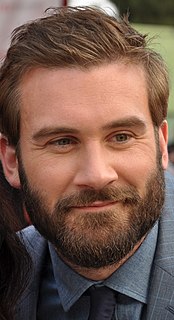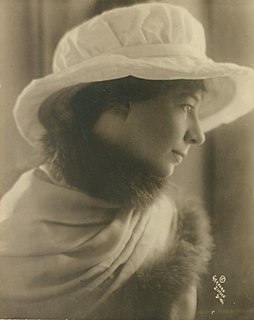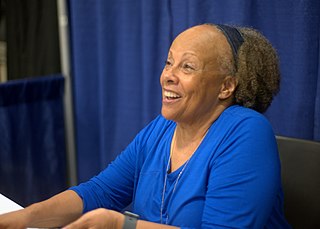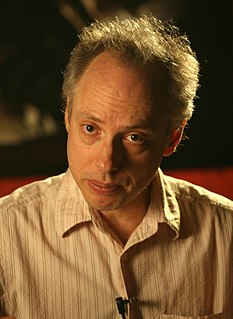A Quote by David Levithan
Readers embrace all kinds of characters as long as they are written with emotional truth.
Quote Topics
Related Quotes
When writers are self-conscious about themselves as writers they often keep a great distance from their characters, sounding as if they were writing encyclopedia entries instead of stories. Their hesitancy about physical and psychological intimacy can be a barrier to vital fiction. Conversely, a narration that makes readers hear the characters' heavy breathing and smell their emotional anguish diminishes distance. Readers feel so close to the characters that, for those magical moments, they become those characters.
The Bible is a wonderful book. It is the truth about the Truth. It is not the Truth. A sermon taken from the Bible can be a wonderful thing to hear. It is the truth about the truth about the truth. But it is not the truth. There have been many books written about the things contained in the Bible. I have written some myself. They can be quite wonderful to read. They are the truth about the truth about truth about the Truth. But they are NOT the Truth. Only Jesus Christ is the Truth. Sometimes the Truth can be drowned in a multitude of words.
My theory about writing is that one should write books you'd like to read, but no one else has written yet. So, as long as I stick with that, I'm entertaining myself, and then hopefully my readers as well. I hope to god I realize that I'm repeating myself, if I ever do. But if I don't, I'm sure my readers will let me know.
Women are always murdered and maimed, and they’re never given their rightful place as lead characters! And I think [creator Michael Hirst] has just written what should have been written a long time ago. There shouldn’t be anything that different about Vikings, but there is, because there’ve just been so many shows that have not stepped up to the plate and given female actors and female characters equal footing.
My theory is that poems are written because of a state of emotional irritation. It may be present for some time before the poet is conscious of what is tormenting him. The emotional irritation springs, probably, from subconscious combinations of partly forgotten thoughts and feelings. Coming together, like electrical currents in a thunder storm, they produce a poem. ... the poem is written to free the poet from an emotional burden.
There are two kinds of truth; the truth that lights the way and the truth that warms the heart. The first of these is science, and the second is art. Without art science would be as useless as a pair of high forceps in the hands of a plumber. Without science art would become a crude mess of folklore and emotional quackery.
Some people see me as dissecting my characters in some kind of heartless, coldblooded, analytical way, when in truth making these movies is a passionate, intensely emotional experience for me. I'm detached from the characters only to the degree that I have to be in order to write honestly about them.






































